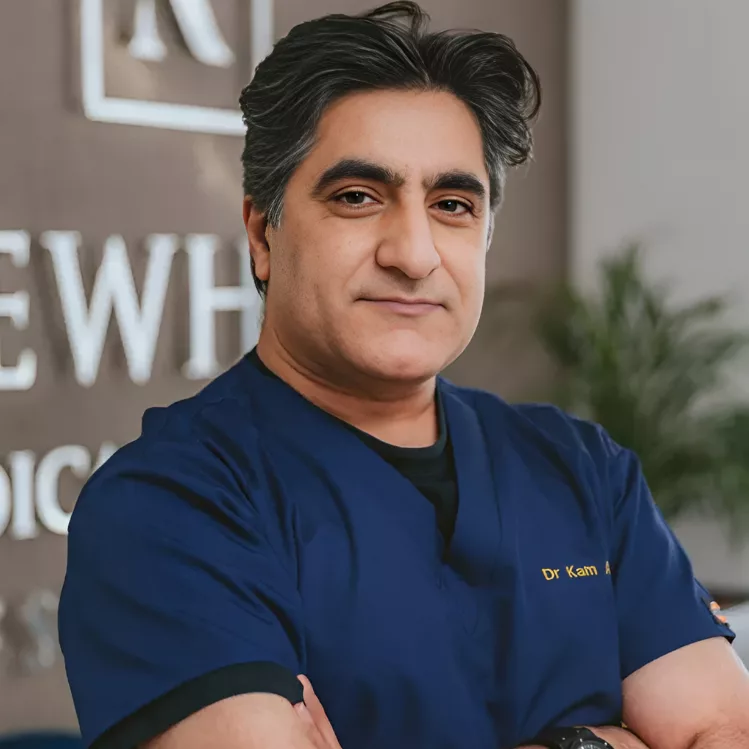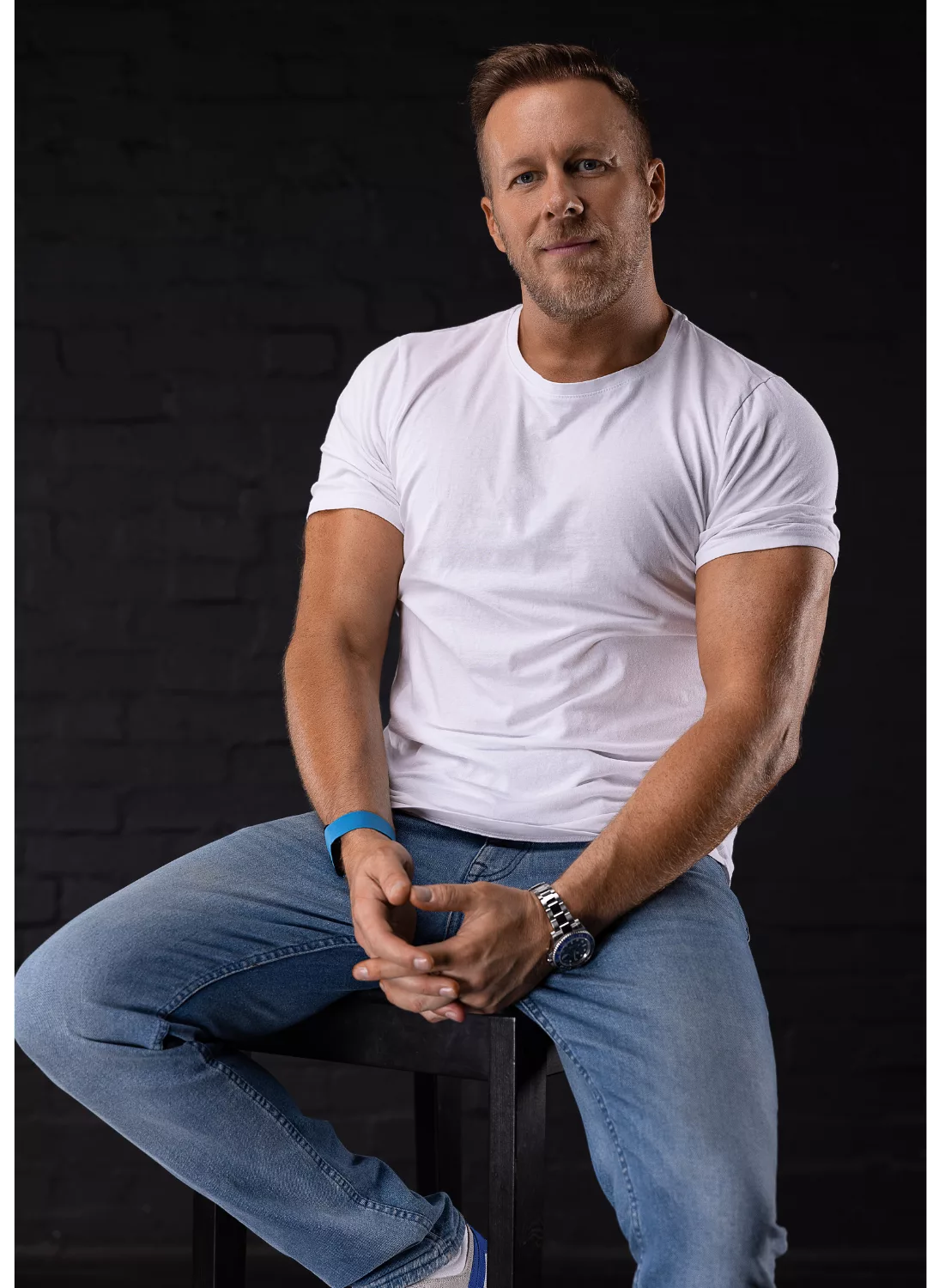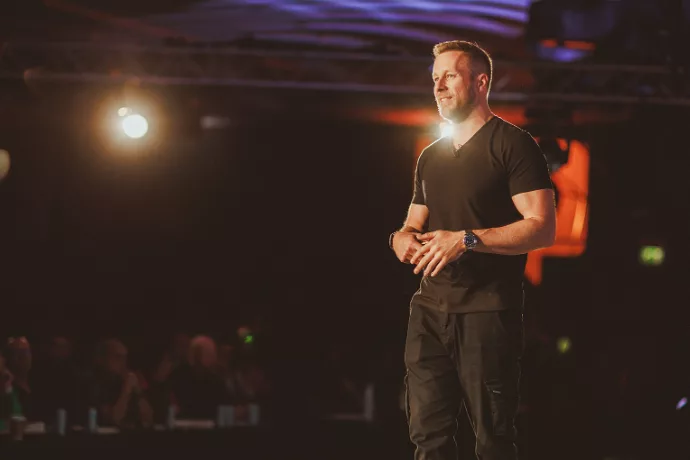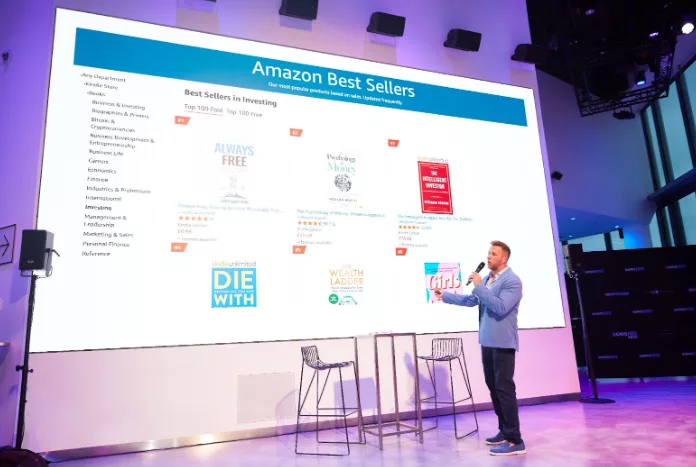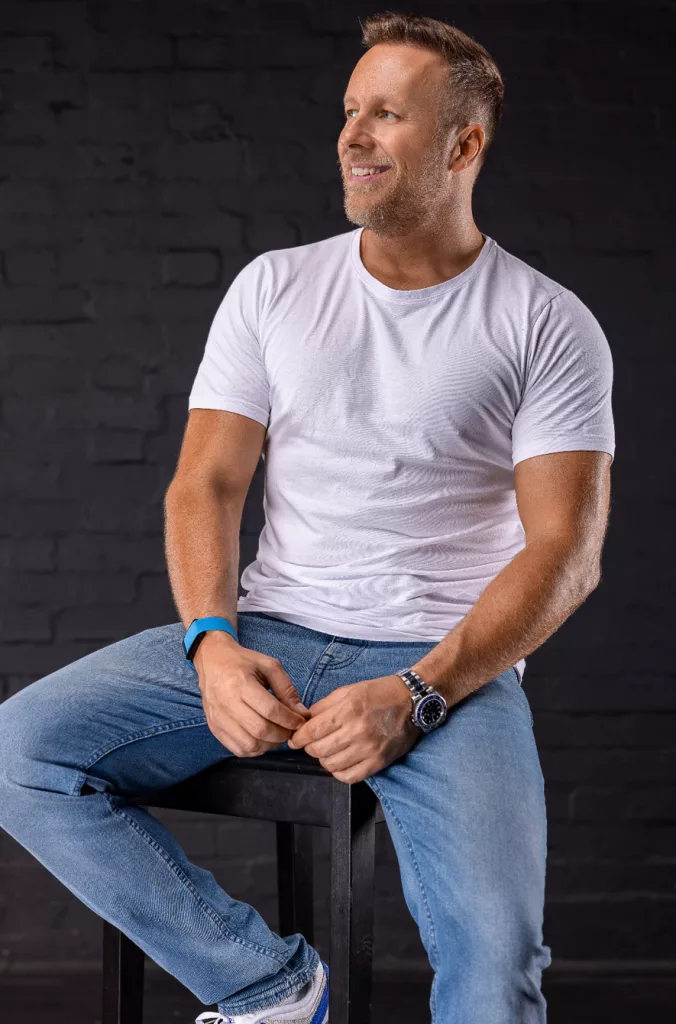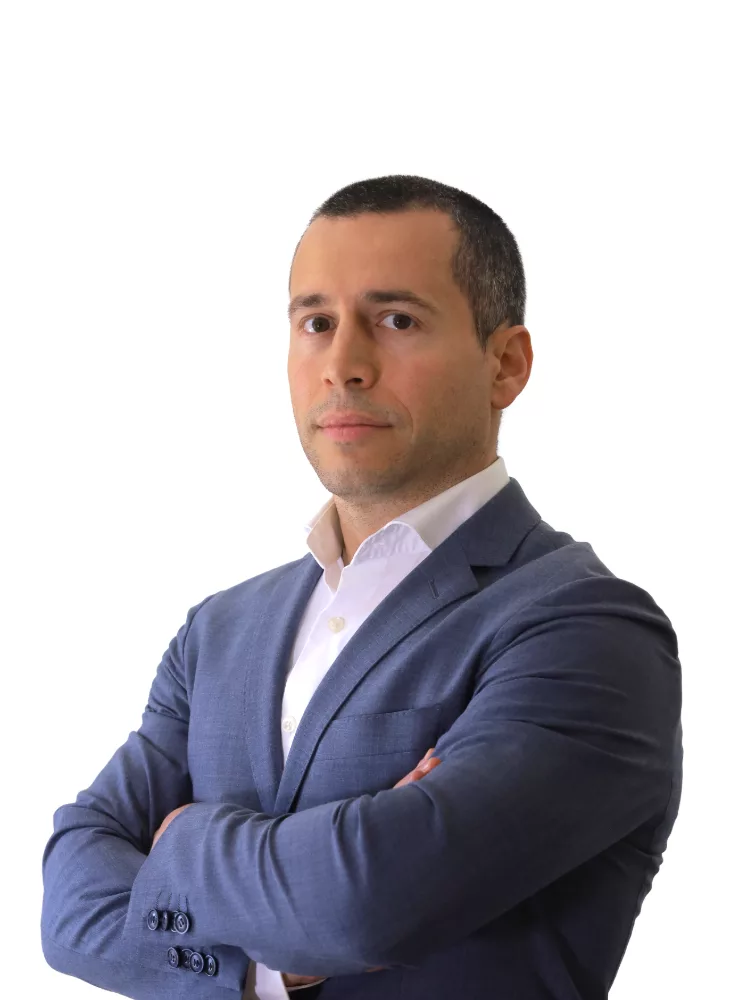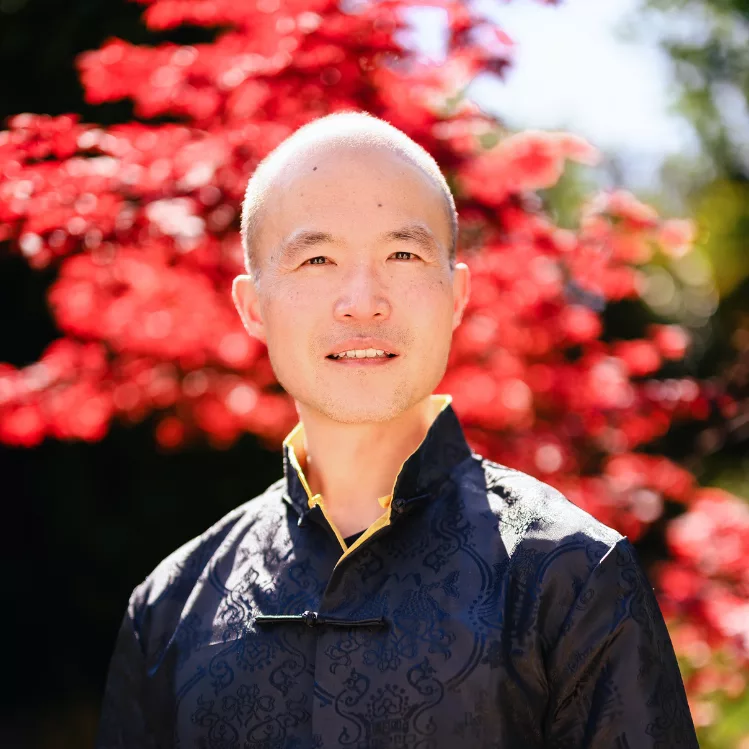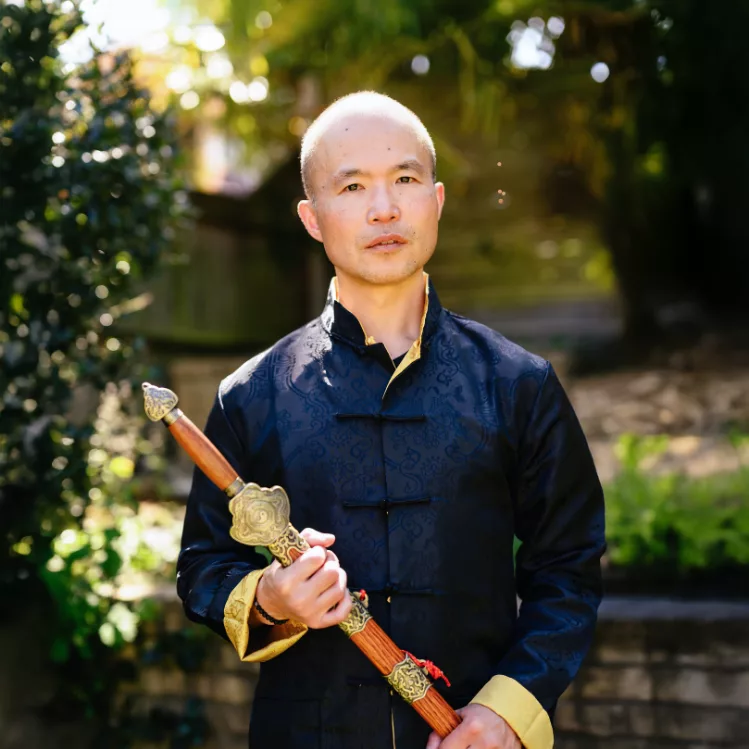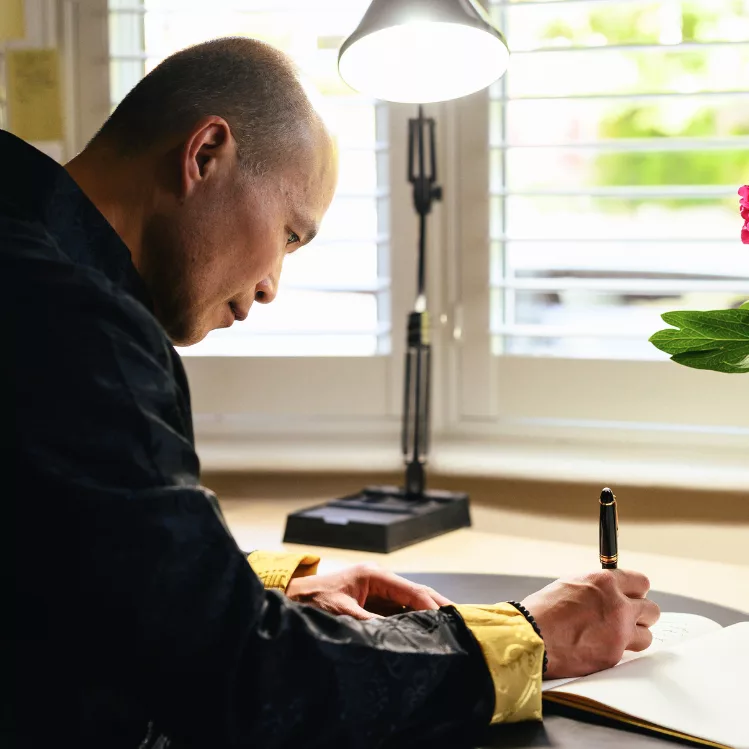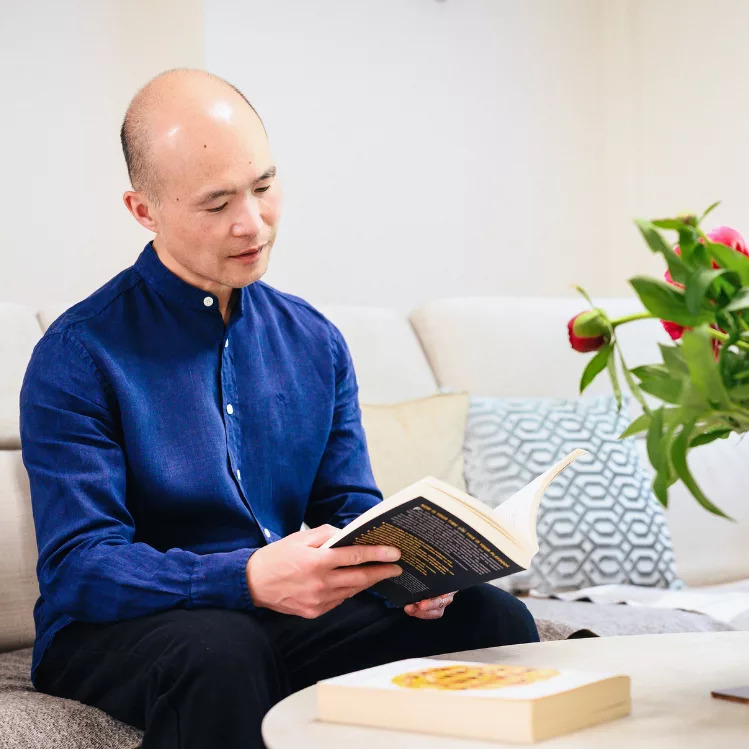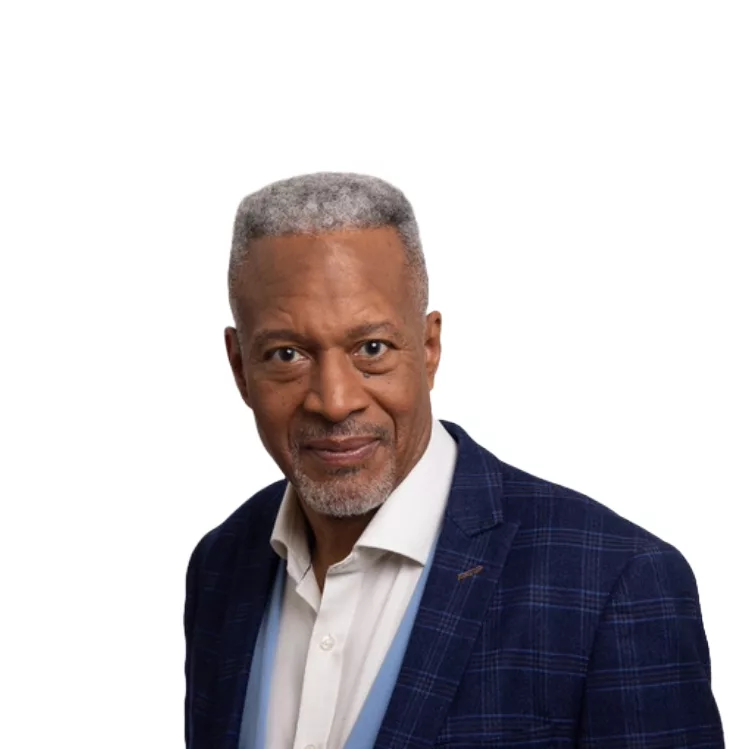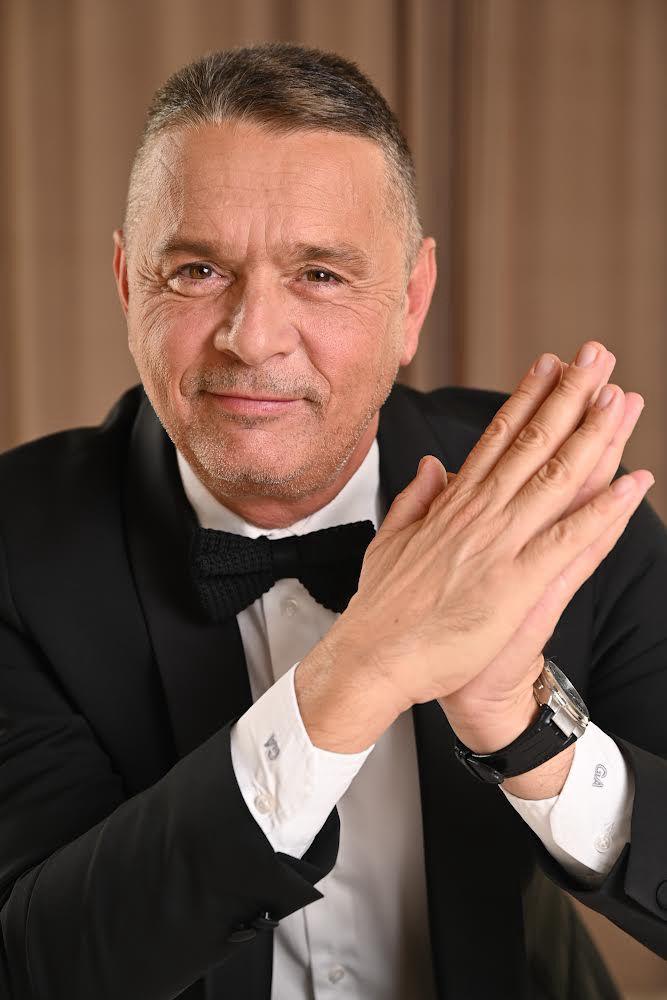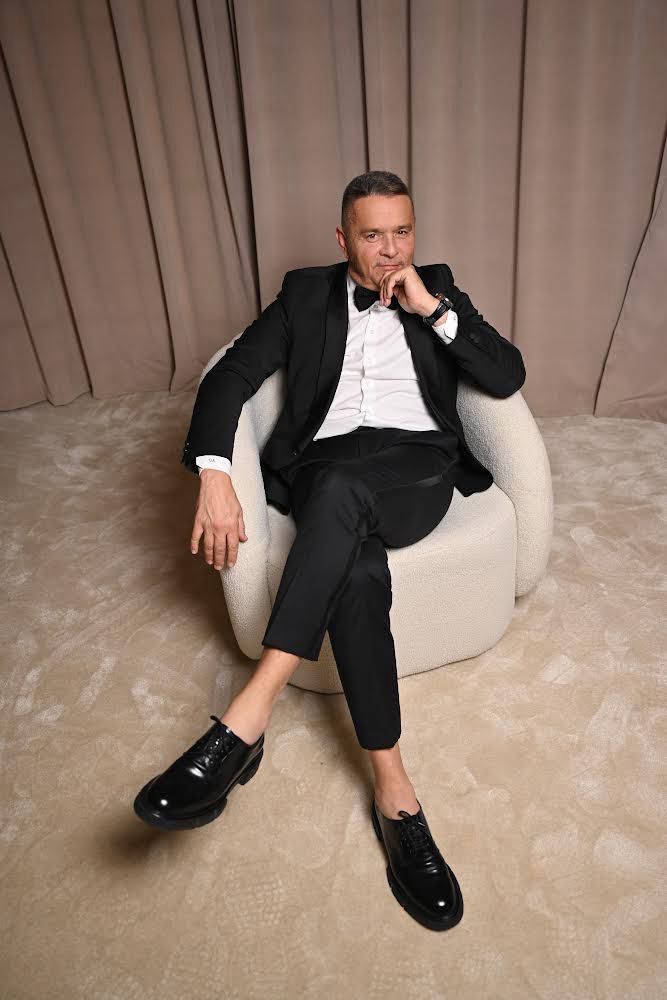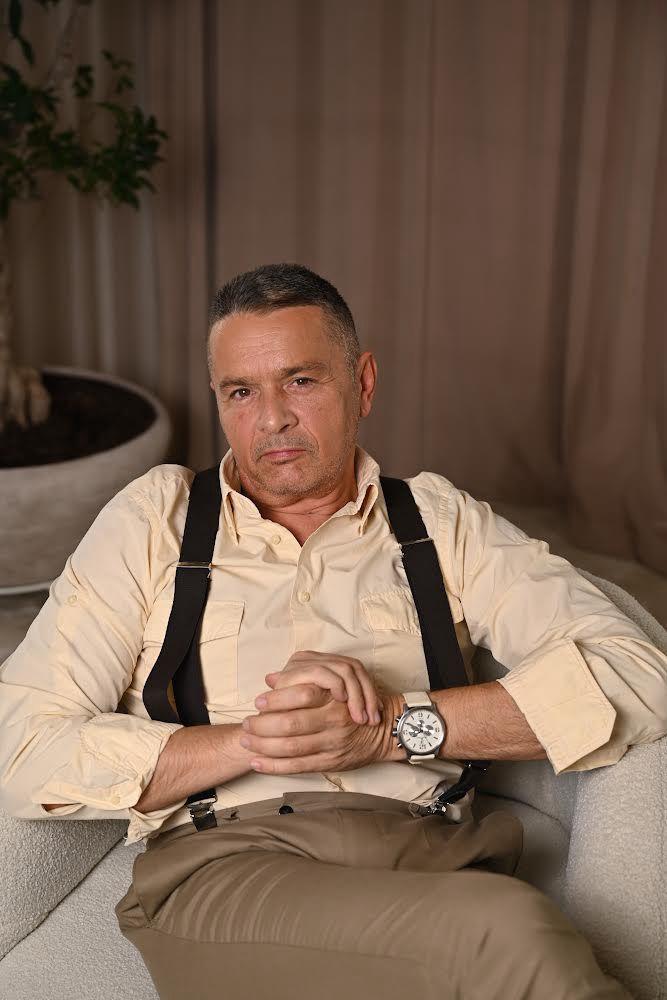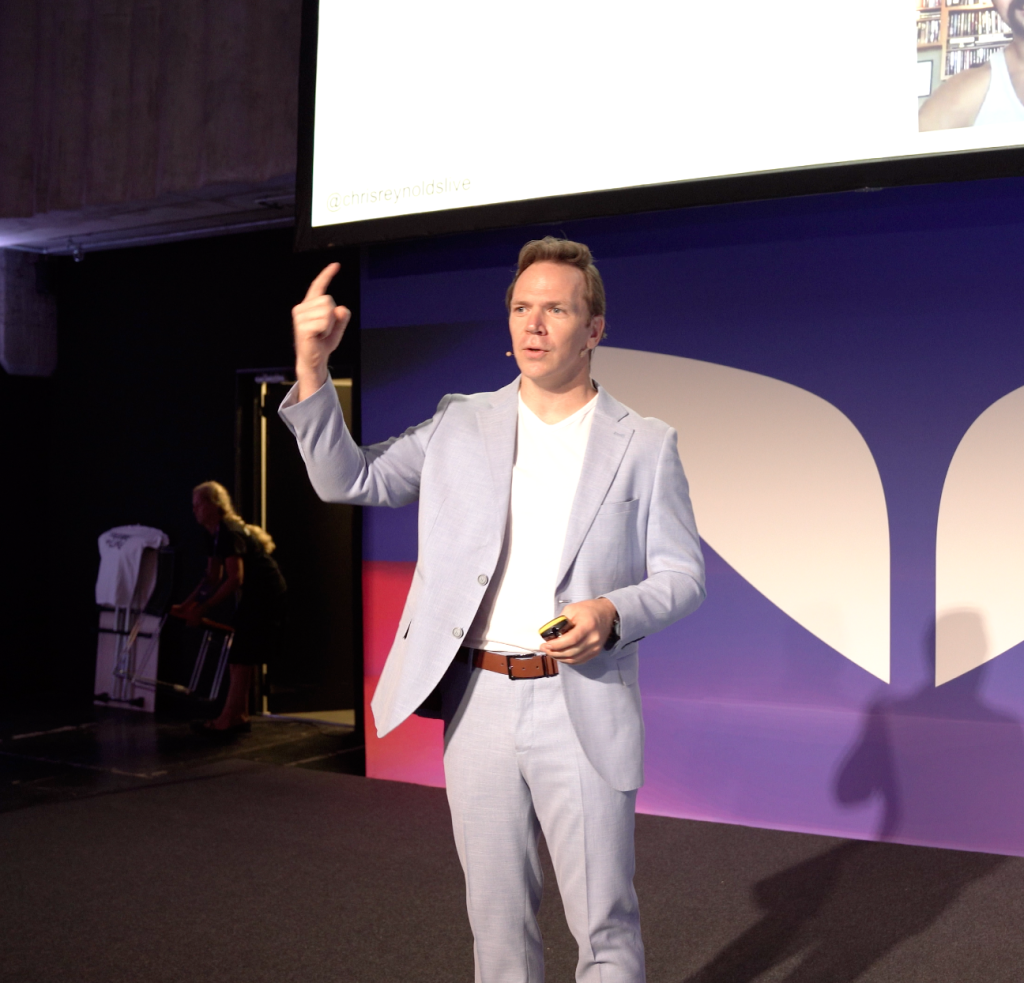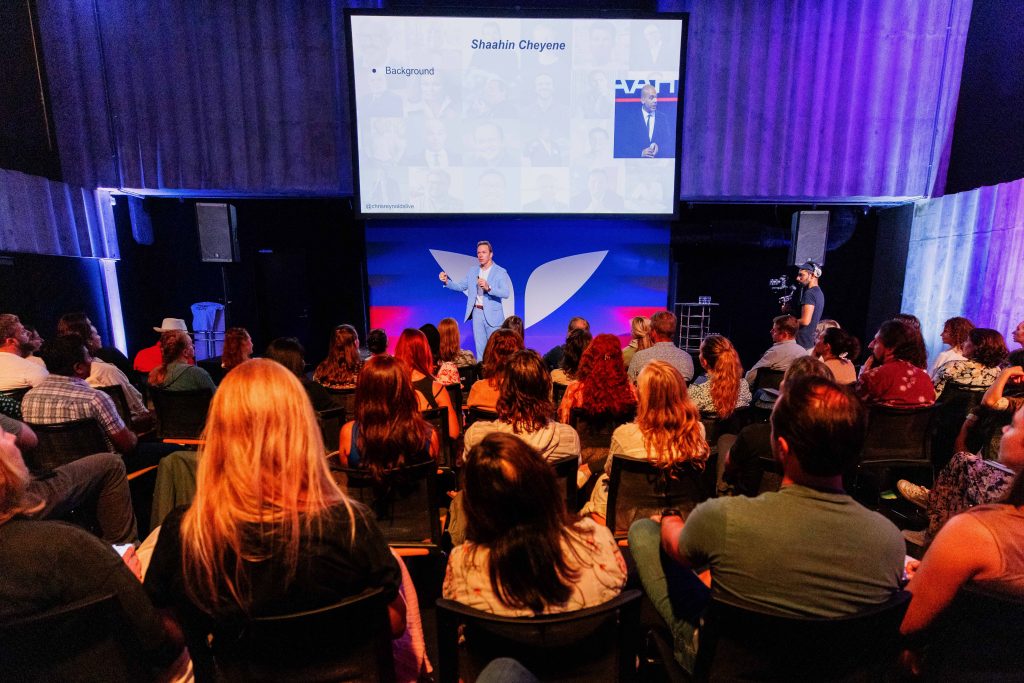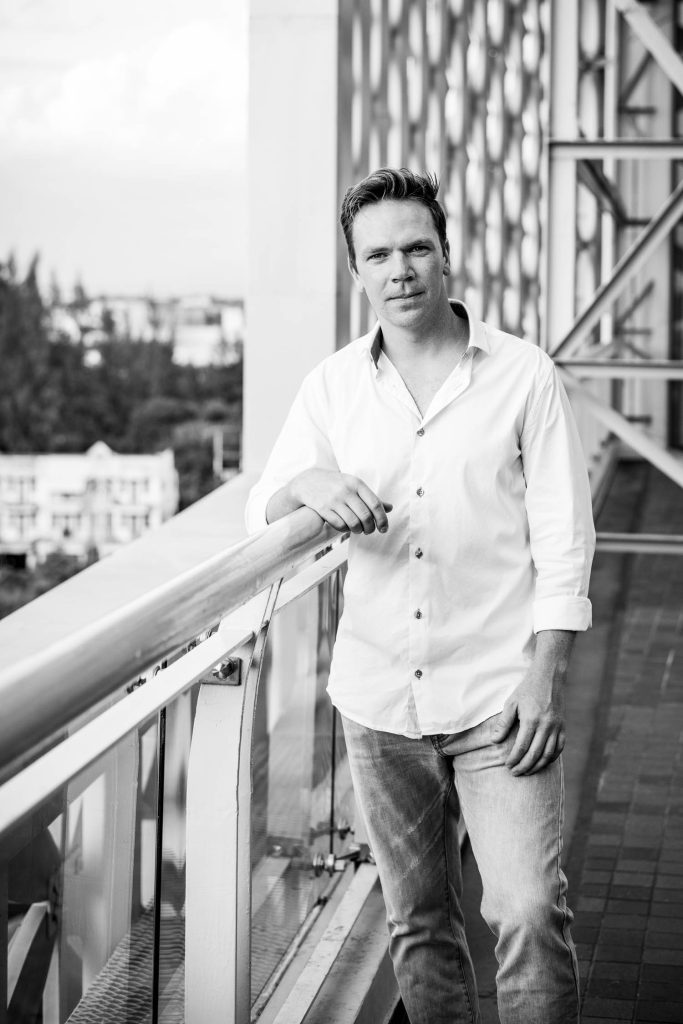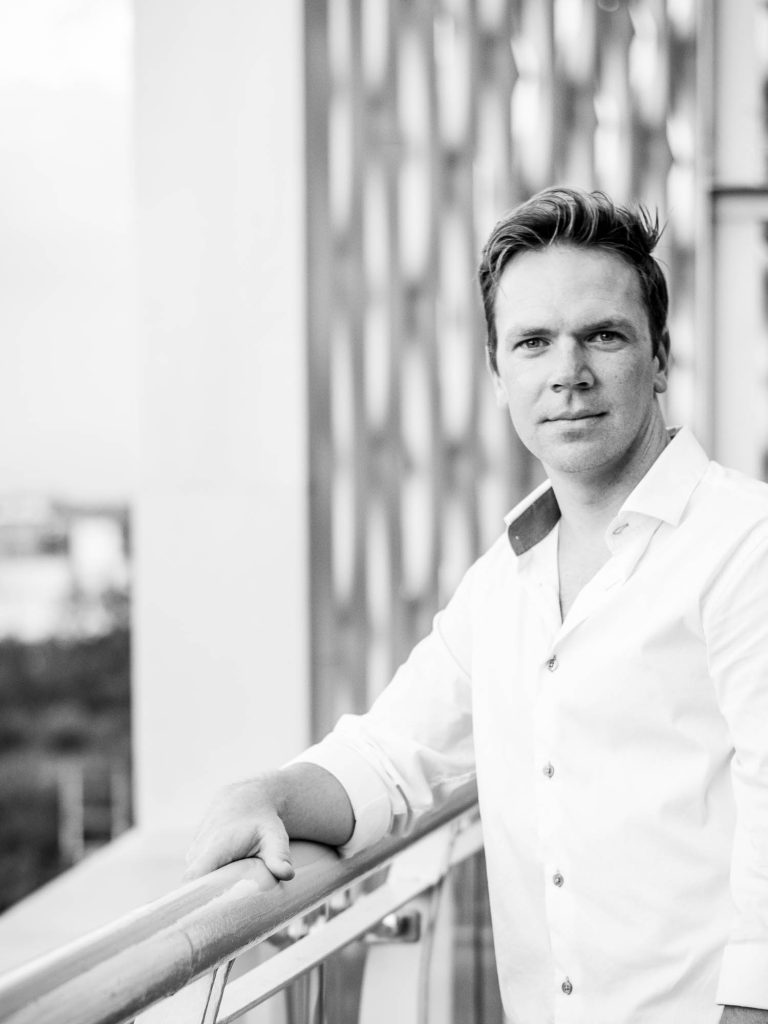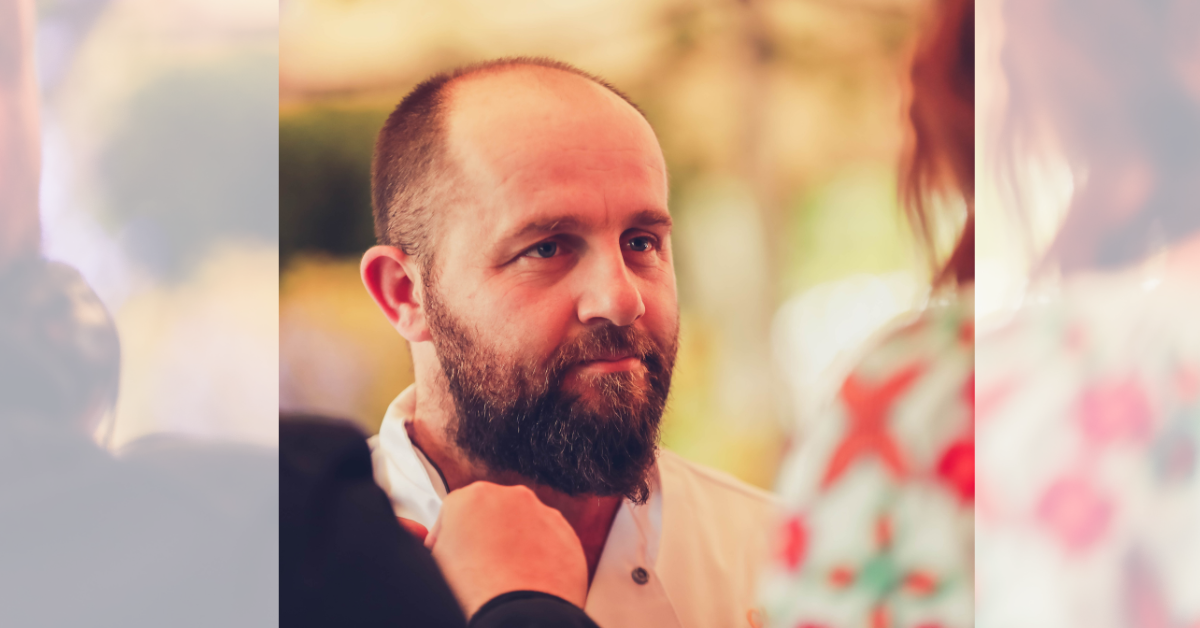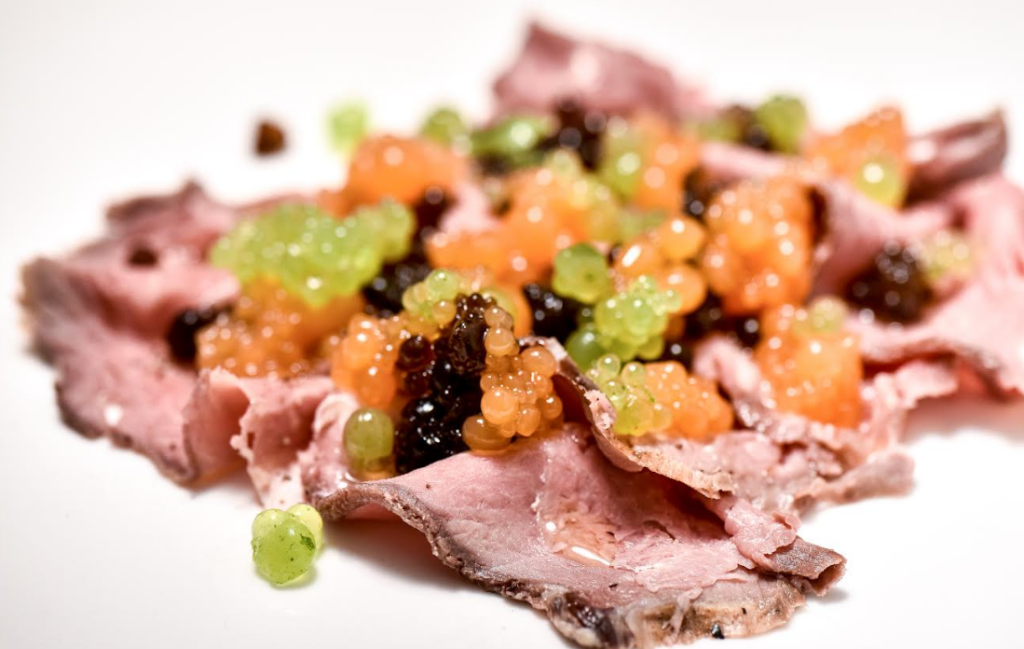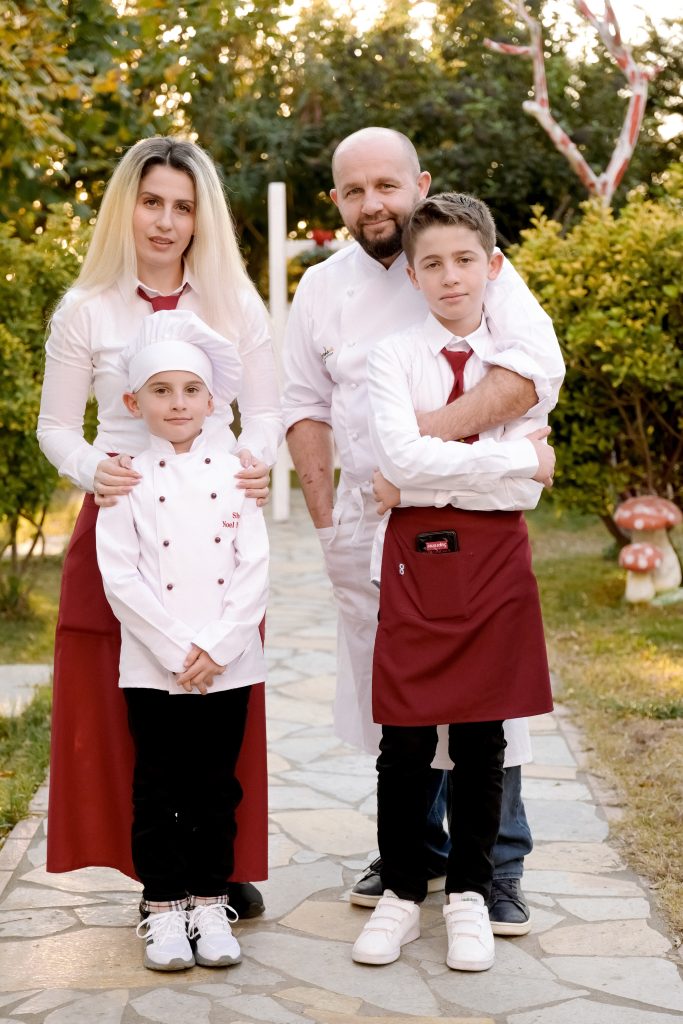Dr. Kam Aulak is a renowned cosmetic dentist celebrated for his exceptional skill in enhancing smiles and his profound passion for skin health and facial aesthetics. With a keen eye for detail and a commitment to excellence, Dr. Kam seamlessly blends the art and science of dentistry to create stunning, natural-looking results. His holistic approach to cosmetic care ensures that patients not only achieve beautiful smiles but also radiant, healthy skin. Dr. Kam’s expertise extends beyond traditional dentistry, as he integrates advanced aesthetic techniques to enhance overall facial harmony. Dedicated to staying at the forefront of his field, he continually pursues the latest innovations and technologies. Patients trust Dr. Kam for his compassionate care, personalized treatment plans, and unwavering dedication to their well-being. His reputation as a transformative cosmetic dentist and skin health expert has made him a sought-after practitioner in his community. Dr. Kam’s passion for enhancing beauty and confidence shines through in every smile he perfects and every face he rejuvenates.
Can you share the story behind your transition from dentistry to focusing solely on facial aesthetics and skin health?
During my years as a practicing dentist, I always preferred doing cosmetic dental treatments and enjoyed the aesthetic enhancements to my patients’ confidence.
The turning point for me came when a patient, who had undergone veneer treatments, confided that while her smile had transformed, she still felt self-conscious about her skin. She joked,“Now that you have given me my beautiful smile, what can you do for these wrinkles ? “. This was my “aha” moment. I realized that true confidence came from an overall sense of well-being and satisfaction with one’s appearance. This inspired me to explore the broader field of facial aesthetics and skin health.
I pursued advanced certifications in aesthetic medicine, attended workshops, and trained with leading experts. I began integrating traditional facial massage techniques with state-of-the-art injectable and laser treatments, crafting personalized treatment plans that addressed my clients’ unique needs and desires.
The happiness I saw in my clients as they experienced not just improved appearances but enhanced self-esteem proved this journey from dentistry to facial aesthetics was the right decision.
Today, I run 2 thriving clinics dedicated to facial aesthetics and skin health, where my background in dentistry provides a unique foundation for understanding facial structure and anatomy.
What inspired me to combine traditional facial massage techniques with cutting-edge injectable and laser treatments in my practice?
As I was essentially from a science background, I must admit I didn’t really feel facial massage techniques were particularly beneficial to long term skin health. However, I was happily proved wrong when I met the incredibly talented and celebrated Yvonne Martin. Yvonne demonstrated facial massage techniques that gave amazing results – she has clients who come from all over the world to be treated by he,r and the results are extraordinary. The ancient art of facial massage promotes relaxation, improves circulation, and enhances the skin’s natural glow, providing a foundation of holistic wellness
On the other hand, modern injectable and laser treatments offer precise and effective solutions for a variety of skin concerns, from fine lines and wrinkles to hyperpigmentation and scarring.
By integrating these methods, I can create customised treatment plans that address both the surface and deeper layers of the skin, resulting in more profound and lasting improvements. This fusion of old and new not only maximizes the benefits of each technique but also ensures that my clients receive the most effective and up-to-date care available.
How do you ensure that each treatment at your clinics is personalized to meet the specific needs and desires of your clients?
Ensuring that each treatment at our facial aesthetics clinics is personalized to meet the specific needs and desires of our clients involves several key steps:
1. Comprehensive Consultation Process
- Initial Assessment: Begin with a thorough consultation to understand the client’s medical history, skin concerns, lifestyle, and aesthetic goals.
- Detailed Skin Analysis: We use an advanced skin analysis machine to assess the client’s skin type, condition, and underlying issues, looking at 9 different aspects of the skin at every layer.
- We Consider factors such as diet, stress levels, and lifestyle in the treatment plan to enhance overall skin health and well-being.
2. Customised Treatment Plans
- Tailored and modular solutions: We develop individualised and flexible treatment plans that can be adjusted based on the client’s progress and changing needs combining traditional facial massage techniques with cutting-edge injectable and laser treatments to provide a holistic approach to skin health.
3. Personalized Client Experience
- Bespoke Service: We create a personalized and luxurious experience for each client, from the moment they walk in to the follow-up care.
By focusing on these elements, we can ensure that each treatment is uniquely tailored to meet the specific needs and desires of our intelligent clients, providing them with the highest level of personalized care and achieving optimal results.
Could you describe the philosophy and atmosphere you aim to create at The Skin Culturist and Newhall Medical and Dental Aesthetics clinics?
At The Skin Culturist and Newhall Medical and Dental Aesthetics clinics, our philosophy is rooted in the belief that true beauty and wellness come from a harmonious blend of inner health and outer radiance. We are committed to providing an unparalleled experience that caters to the unique needs of our elite clientele, ensuring they leave feeling rejuvenated.
Our clinics are designed to be sanctuaries of serenity and luxury. From the moment clients step through our doors, they are enveloped in an atmosphere of calm and sophistication.
Every detail is meticulously curated to enhance the client experience. Aromatic diffusers fill the air with subtle, calming scents, while gentle background music provides a serene soundtrack. Our waiting areas are designed to be relaxing lounges where clients can unwind with a selection of premium teas, infused waters, and healthy snacks, all while perusing the latest lifestyle and wellness publications.
We strive to make every visit an indulgent retreat, where clients can escape the stresses of daily life and emerge feeling revitalized and beautiful. This unique blend of serene ambiance, personalized care, and professional excellence defines our clinics and sets us apart in the world of luxury aesthetics.
What are some of the most significant advancements in facial aesthetics and skin health that you have incorporated into your practice over the years?
Over the years, my practice has embraced several significant advancements in facial aesthetics and skin health to provide our clients with the best possible care and results.
Other than integration of injectable treatments, such as Botox and dermal fillers,
We have also incorporated laser and light-based therapies, such as Fractional CO2 lasers and IPL (Intense Pulsed Light) treatments. These technologies are exceptional for skin resurfacing, reducing pigmentation, and promoting collagen production, leading to a more youthful and radiant complexion.
The introduction of microneedling with PRP (Platelet-Rich Plasma) has been another game-changer. This technique stimulates the skin’s natural healing processes, improving texture, tone, and overall skin health by using the client’s own growth factors and for hair rejuvenation ,especially for menopausal alopecia.
Additionally, we have adopted radiofrequency (RF) treatments, which provide non-invasive skin tightening and lifting. RF technology helps to firm the skin by stimulating collagen and elastin production, delivering noticeable results without surgery.
We also employ advanced light therapy treatments with Dermalux and Intravenous treatments such as glutathione, B12 and NAD.
How do you stay updated with the latest trends and innovations in the field of facial aesthetics?
I stay updated with the latest trends and innovations in facial aesthetics by actively participating in industry conferences, workshops, and seminars. I also subscribe to leading medical and aesthetic journals, follow key opinion leaders and professional organizations on social media, and engage in online forums and webinars. Additionally, I invest in continuous education and advanced certification programs to ensure my skills and knowledge remain cutting-edge. Networking with peers and collaborating with industry experts further enhances my understanding of emerging techniques and technologies, allowing me to offer the most advanced and effective treatments to my clients.
Why did I establish the academy?
The motivation to establish the Newhall Facial Aesthetics Academy stemmed from my deep passion for advancing the field of facial aesthetics and a desire to elevate the standard of care provided by practitioners. Over the years, I noticed a gap in the market for personalized, high-quality training that properly prepares practitioners to meet the unique needs of their clients. Generic, one-size-fits-all training programs often fail to equip practitioners with the nuanced skills required to deliver patient-centred, bespoke treatments.
At the Newhall Facial Aesthetics Academy, we offer a unique approach to training that focuses on 1-2-1 teaching. This individualized instruction ensures that each aspiring practitioner receives the undivided attention and tailored guidance necessary to master advanced techniques. Our curriculum is designed to emphasize the importance of patient-centred care, teaching practitioners how to develop customized treatment plans that consider each client’s specific needs, preferences, and goals.
Our hands-on training sessions provide real-world experience, allowing practitioners to refine their skills under expert supervision. By prioritizing bespoke treatments and personalized education, the Newhall Facial Aesthetics Academy aims to produce highly skilled, compassionate practitioners who are committed to delivering exceptional, individualized care to their clients.
Can you elaborate on your collaboration with the celebrity chef and how this unique partnership enhances skin health through diet?
Partnering with a celebrity chef brings a dynamic dimension to enhancing skin health through diet. By combining my expertise as a facial aesthetician with the chef’s culinary prowess, we create a holistic approach that addresses skin concerns from within.
Our collaboration focuses on curating nutrient-rich menus that promote skin health and radiance. We emphasize foods high in antioxidants, vitamins, and essential fatty acids known to support collagen production, reduce inflammation, and maintain hydration. Our personalized meal plans consider individual skin types and conditions, aiming to improve complexion and overall well-being.
Additionally, we educate clients on the connection between diet and skin health, empowering them to make informed choices. By integrating professional skincare treatments with tailored dietary recommendations, we offer comprehensive care that enhances results and promotes long-term skin vitality. This innovative partnership not only elevates client experiences but also underscores the importance of nourishing the skin from the inside out.
How do you balance the artistic and scientific aspects of facial aesthetics to achieve natural and harmonious results for your clients?
Balancing the artistic and scientific aspects of facial aesthetics is essential to achieving natural and harmonious results for my clients.
From my background in Dentistry, the scientific aspect involves an understanding of facial anatomy, skin physiology, which forms the foundation upon which all treatments are based, ensuring safety, efficacy, and predictable outcomes.
On the other hand, the artistic aspect involves an intuitive understanding of facial proportions, symmetry, and aesthetics. It requires a keen eye for detail and a sense of proportion to enhance natural beauty while avoiding over-correction or unnatural results. This artistic skill allows me to customize treatments to each client’s unique facial structure and desired outcomes.
Furthermore, ongoing education and training in both scientific advancements and artistic techniques are crucial to allow me to stay abreast of the latest innovations in facial aesthetics, ensuring that I can offer my clients the highest level of care and achieve outcomes that are both scientifically sound and aesthetically pleasing.
What advice would you give to individuals looking to pursue a career in facial aesthetics and skin health, based on your extensive experience and expertise
Based on my extensive experience in facial aesthetics and skin health, I would advise individuals looking to pursue this career path to prioritise education, hands-on training, and continuous learning. Start by obtaining a solid foundation in anatomy, physiology, and dermatology. Seek advanced certifications and training from reputable institutions to master the latest techniques and technologies in injectables, lasers, and skincare.
Develop strong communication skills to understand clients’ goals and expectations effectively. Emphasize patient-centered care, focusing on personalized treatment plans that address individual concerns and enhance natural beauty. Cultivate an artistic eye for facial aesthetics, understanding the principles of symmetry and proportion.
Network with industry professionals, attend conferences, and stay updated on emerging trends. Lastly, maintain integrity and prioritise patient safety and satisfaction above all else. A commitment to professionalism, ongoing skill development, and ethical practice will ensure a rewarding and successful career in facial aesthetics and skin health.



